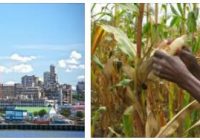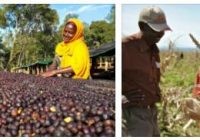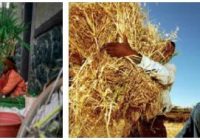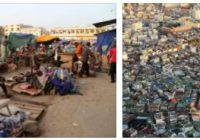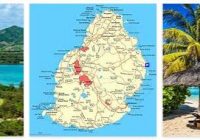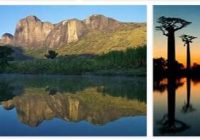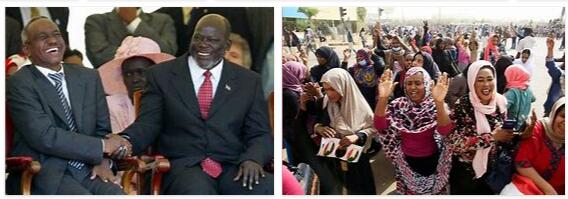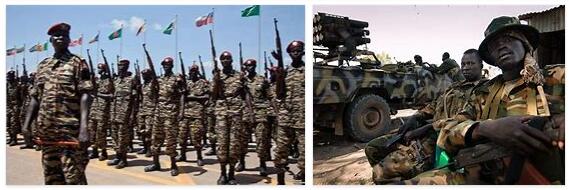Economy of Mozambique
With the help of foreign specialists, a program is being implemented to revive cotton plantations in the north of the country. Under their leadership, farmers grow cotton on rented plots and hand over the harvest to the state company. Sugarcane is one of the few cash crops that has exceeded pre-war levels. Another new and… Read More »
